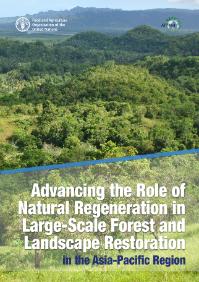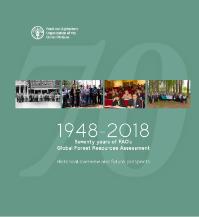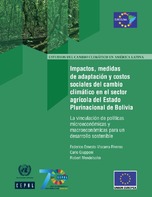Stabilizing and Rebuilding Myanmar’s Working Forests: Multiple Stakeholders and Multiple Choices
Myanmar is one of the most biologically diverse and ecologically productive nations on Earth. Its forests support the livelihoods of more than 36 million people, while the forestry sector employs more than
500,000 people and is one of seven sectors promoted under Myanmar’s National Export Strategy. Yet, after decades of unsustainable exploitation, driven by arbitrary revenue targets, mismanagement, illegal logging and, more recently, large-scale conversion to agricultural crops, Myanmar’s forests are badly damaged.







